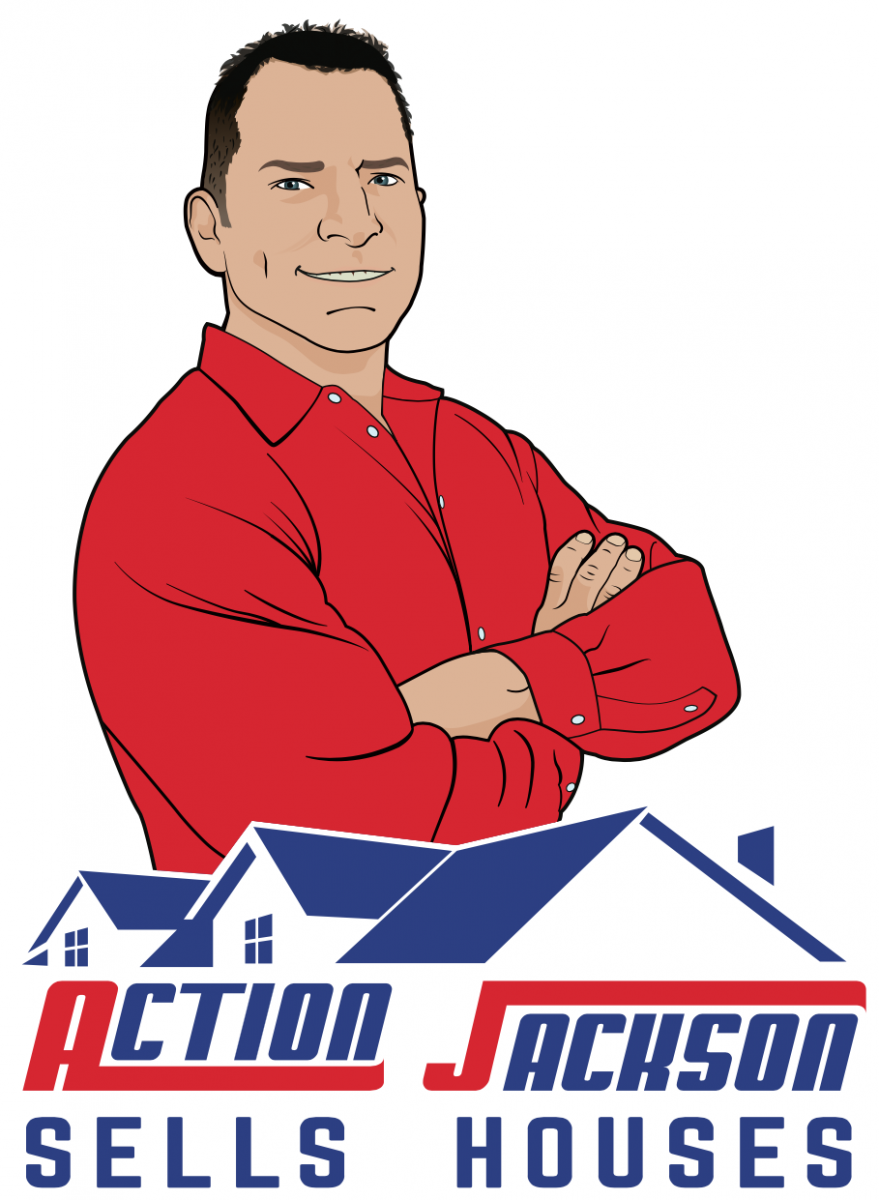You are in the market to purchase a home, but maybe your credit isn’t exactly where you need it to be. Maybe you don’t quite have all of your down payment yet. Maybe you would like to “test drive” a property for a few years. If these scenarios sound like you, then a rent to own property might be a good fit. Before you sign any agreements, there are some things you should know about buying a rent to own property in Tampa Bay Area, FL.
What Is A Rent To Own Property?
Buying a rent to own property in Tampa Bay Area simply means that it is a lease-option agreement with a traditional lease and an option to buy the property by the end of the lease period, typically three years. The lease-option agreement is not to be confused with the lease-purchase agreement, where you are required to purchase the property at the end of the lease term whether you really want to or not. You pay rent to the current owner/landlord through the duration of the lease, and a portion of it may even be applied towards the down payment of the house, or “rent credit.”
Buying The Property
You will most likely have to pay an option fee which is an upfront, non-refundable consideration for the ability or “option” to purchase the property in the future. This fee is negotiable but is usually between 2.5% and 7% of the purchase price. Your rent to own agreement should also specify when and how the final purchase price will be determined. Some buyers prefer to lock in the final purchase price when they sign the lease. This will help them if the house prices in Tampa Bay Area are on the rise, but it might also be higher than the current market price. Other buyers will decide to determine the purchase price at the end of the lease to reflect a price more comparable to the current market price.
Who Is Responsible For Taxes and Repairs?
The current owner is responsible for any property taxes, homeowners association fees, and insurance. Before you agree to anything, make sure the property taxes are paid current. Depending on the terms of the rent to own lease agreement, you may be responsible for maintaining the property and paying for repairs. Typically, the current owner handles major repairs on the home, but you may be responsible for lawn maintenance, pool cleaning, pressure washing, etc. Make sure your lease is extremely clear on who would be responsible for items such as large appliances, structural repairs, and routine maintenance. Keeping the lawn mowed is way different than having to replace all of the old plumbing.
When The Lease Ends
Now that the lease is over, you either have to buy the property, or you get to decide if you are going to buy the property. It all depends on your rent to own agreement. If you chose the lease-option agreement, it is now time to secure funding if you decide you would like to purchase the property. If you are unable to secure funding, or you do not want to buy the property anymore, you are not obligated to buy the property. On the other hand, if you chose the lease-purchase agreement, you are now obligated to buy the property. The owner may file a lawsuit against you if you do not come up with the funding.
